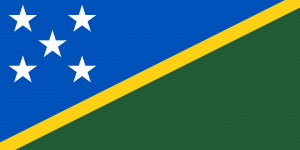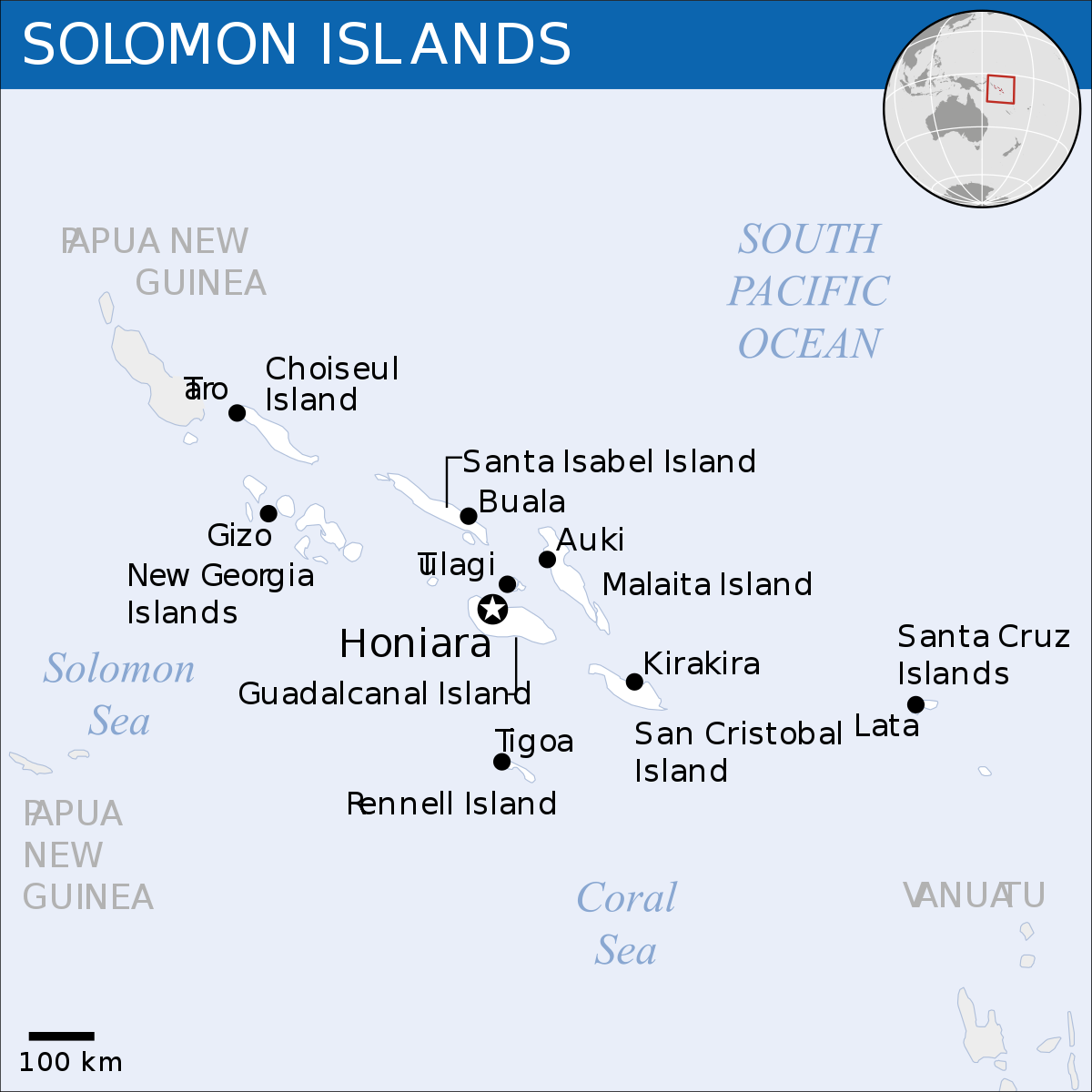
Solomon Islands
International Disaster Response Law in the Pacific
Overview

Legal Preparedness for International Assistance Assessment
1. Do the Solomon Islands have a clear legal framework for disaster risk management which includes procedures relating to international disaster assistance?
2. Do Solomon Islands laws and regulations clearly set out a focal point for coordinating international disaster assistance?
3. Do Solomon Islands laws and regulations outline the roles and responsibilities of different institutions relating to international disaster assistance?
4. Do Solomon Islands laws and regulations outline a process for requesting/welcoming offers of international disaster assistance, and for terminating international assistance?
5. Do Solomon Islands laws and regulations provide for necessary legal facilities to be provided to international assisting actors?
6. Do Solomon Islands laws and regulations set out quality standards for international assisting actors?
7. Do Solomon Islands laws and regulations set out eligibility requirements for international assisting actors to receive legal facilities?
8. Do Solomon Islands laws and regulations establish a specialised unit for expediting the entry of international disaster assistance?
9. Do Solomon Islands laws and regulations provide adequate transparency, safeguards and accountability mechanisms governing international disaster relief and initial recovery assistance?
10. Do Solomon Islands laws and regulations outline procedures for international disaster assistance sent from and transiting through the Solomon Islands?
Laws, policies, plans and other resources
-
National Disaster Council Act 1989
-
Provincial Government Act 1997
-
Emergency Powers Act 1999
-
Biosecurity Act 2013
-
Solomon Islands Independence Order 1978 (Assignment of Responsibility to the Minister for Environment Climate Change, Disaster Management and Meteorology 2011)
-
Solomon Islands National Disaster Management Plan 1997 (replaced by 2009 Plan)
-
National Adaption Programmes of Action 2008
-
National Disaster Risk Management Plan 2009 (replaced by 2018 Plan)
-
Honiara Urban Resilience and Climate Action Plan 2016
-
Solomon Islands Climate Change Policy 2012–2017
-
National Disaster Management Plan 2018
![]()

